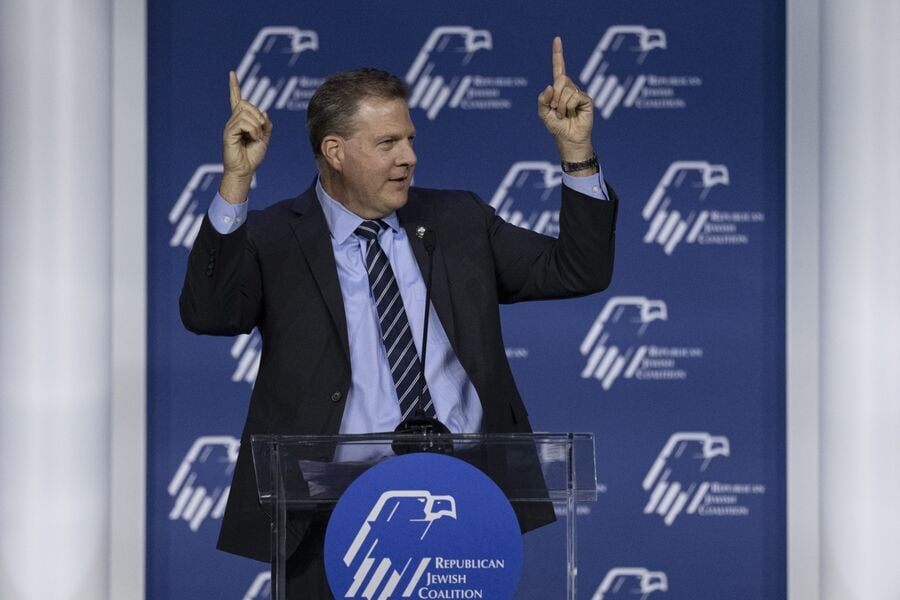

Another Republican governor, New Hampshire’s Chris Sununu, joined in to support the national anti-ESG push, but the technicalities of an order he issued Monday hint at the limitations the movement faces.
In comments to the media, Sununu made his feelings clear, telling NH Journal, “The most important responsibility we have is getting the best return for our retirees. And this ESG stuff doesn’t get the returns.”
But the announcement by his office, which spanned just three sentences, put things more lightly.
"Prioritizing the highest returns on investment for our public employees is our number one responsibility," Sununu said in that announcement. "Maximizing returns and minimizing risk in our pension system gives our retirees the peace of mind they deserve."
The latter statements more closely reflect the order, which does not appear to bar state assets from considering ESG factors in investment decisions. Rather, it emphasizes that state executive branch agencies can’t invest “funds in accounts solely based on ESG criteria.”
That distinction would almost certainly have little to no effect on the asset managers the state does business with, as ESG factors are typically used to assess risk and opportunity in support of the wider financial performance of their funds. Even funds that are specifically packaged as ESG products don’t invest exclusively based on ESG factors.
However, any uncertainty about the permissiveness of ESG for state assets could have a chilling effect, much as the Department of Labor’s waffling on ESG across different administrations has deterred many 401(k) plan sponsors from incorporating it.
Further, Sununu’s order “strongly encouraged” the New Hampshire Retirement System “to adhere to their fiduciary obligation and not invest with any firm that will invest state pension funds in funds that follow ESG criteria.”
The New Hampshire executive order comes as efforts to restrict ESG data considerations in public assets are facing significant hurdles. As pension professionals, treasurers and researchers have projected that such efforts could entail billions of dollars in costs — partially due to smaller return potentials or restrictions in the asset managers they hire — state leaders have eased up on prohibitions outlined in the bills they support.
Nonetheless, the fact that Sununu, who describes himself as a moderate Republican amid escalating culture wars and partisan divides, supports ESG restrictions shows the reach that campaign has had.
“I am curious what he has learned between the time he said that government should not be involved in these types of decisions to this executive order that has the government put its thumb on the scale against considering material ESG factors,” Bryan McGannon, acting CEO and managing director of US SIF: The Forum for Sustainable and Responsible Investment, said in an email. “The reality is that consideration of ESG criteria is essential for fiduciaries to manage state funds in the best interest of the beneficiaries.”
Last month, Sununu was among 17 other Republican governors who signed a statement from Florida Gov. Ron DeSantis railing against ESG factors being used in investment decisions. That statement, which DeSantis described as “an alliance,” followed President Joe Biden’s veto of congressional legislation that would have overturned the DOL’s new rule that allows retirement plans to consider ESG data.

Relationships are key to our business but advisors are often slow to engage in specific activities designed to foster them.

Whichever path you go down, act now while you're still in control.

Pro-bitcoin professionals, however, say the cryptocurrency has ushered in change.

“LPL has evolved significantly over the last decade and still wants to scale up,” says one industry executive.

Survey findings from the Nationwide Retirement Institute offers pearls of planning wisdom from 60- to 65-year-olds, as well as insights into concerns.
Streamline your outreach with Aidentified's AI-driven solutions
This season’s market volatility: Positioning for rate relief, income growth and the AI rebound
